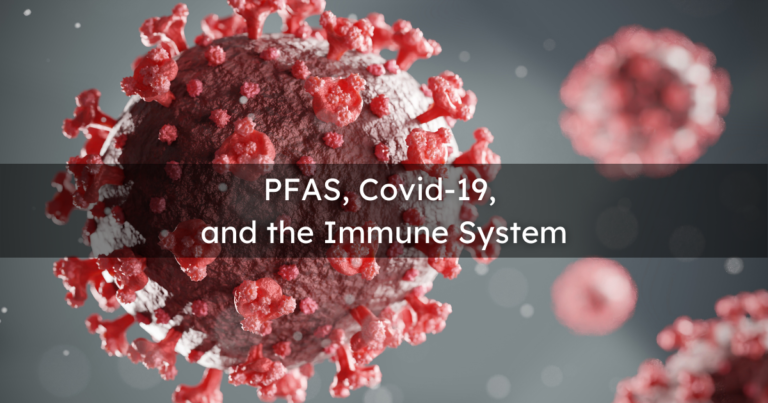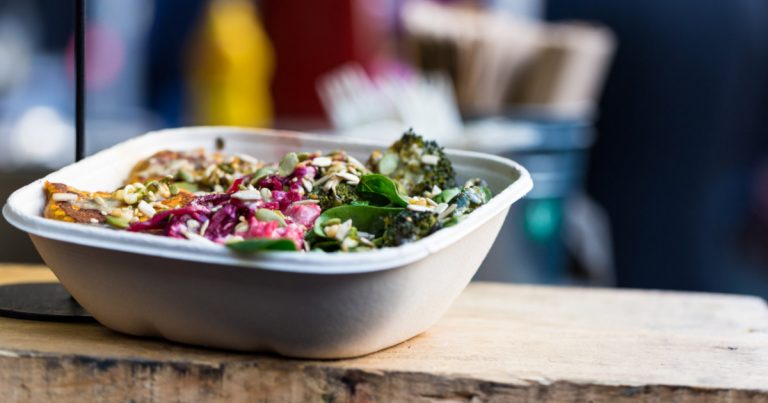Blog

It was encouraging to see that one of President Biden’s first executive orders directed EPA to review a number of TSCA-related actions by the Trump EPA. While the Biden administration has much to do to right the ship, here are three items we are glad to see on their "Build Back Better" list...
Your support allows us to make big impacts. Will you donate today?
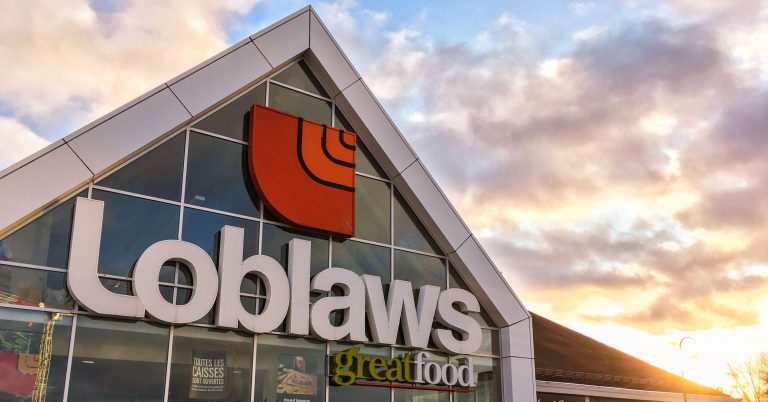
In response to calls from environmental advocacy and labor groups, Canada’s biggest grocery retail and drugstore company, Loblaw Companies Limited, has made a public commitment to phase out thermal receipt paper containing hazardous BPA, BPS, and other bisphenols from its stores by the end of 2021.
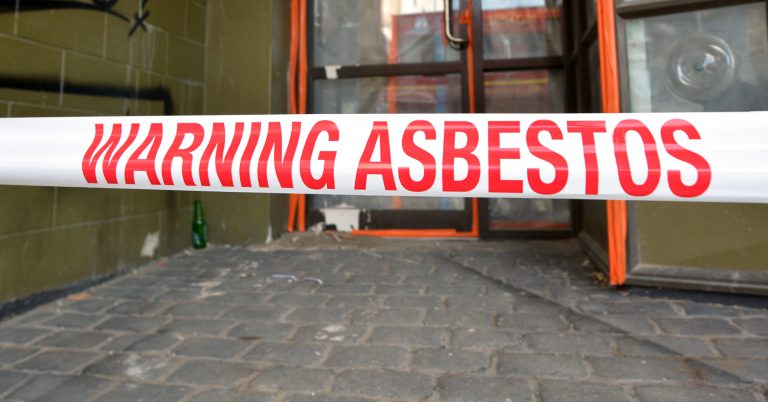
In a welcome holiday announcement, we learned this week of a legal victory in the fight against asbestos! After EPA’s 2018 denial of a petition filed by our allies at Asbestos Disease Awareness Organization (ADAO) to make sure EPA collects information on asbestos use and exposure was upheld, we joined ADAO and other public health groups in a legal challenge that was upheld this week.

No one should have to risk their life to earn a paycheck.
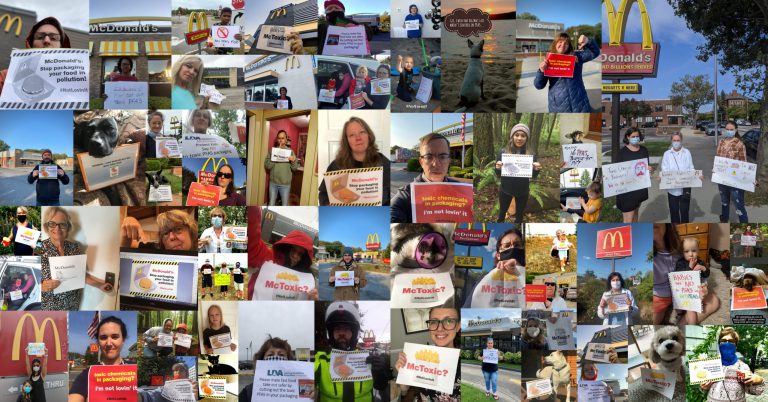
Over a million Big Mac boxes are used and discarded each day. And our recent test results show that those boxes may be contributing to the PFAS “forever chemicals” pollution crisis.




